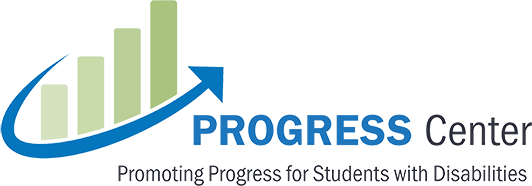Cognitive and metacognitive strategies are important for the development of executive function skills, which, in turn, are crucial for learning academic and behavior skills. In the three-phase cycle for instruction, teachers can use several cognitive and metacognitive strategies to address challenges that students with disabilities have related to executive functioning. Using cognitive and metacognitive strategies involves planning for and delivering individualized instruction of content, followed by reviewing assessment data and intensification of cognitive and metacognitive strategies if needed. The brief highlights what teachers need to know about the practice, individualizing instruction for students with disabilities, how the practice can be used to support access to the general education classroom, and how to get started integrating cognitive and metacognitive strategies to support executive functioning. Using cognitive and metacognitive strategies is one of the high-leverage practices for students with disabilities.
